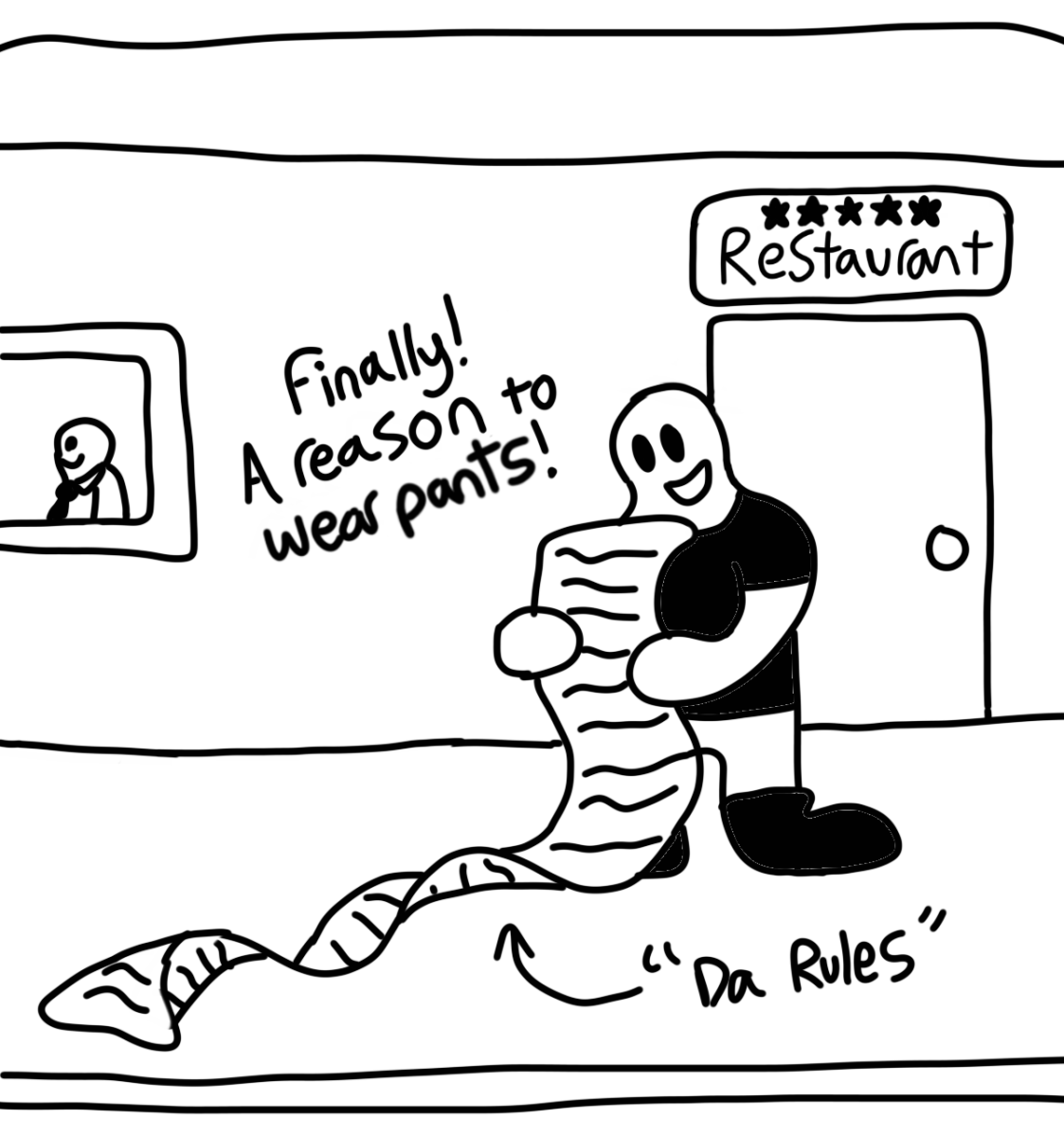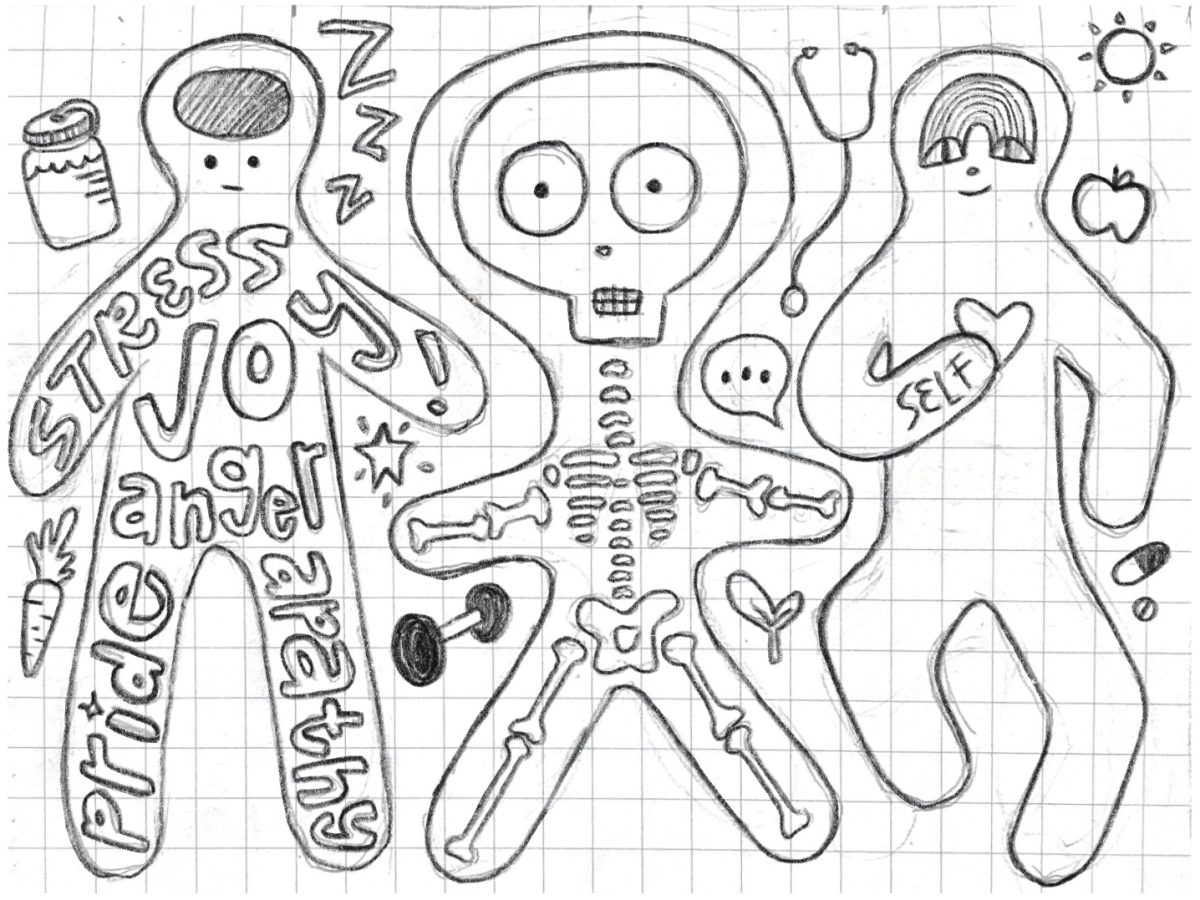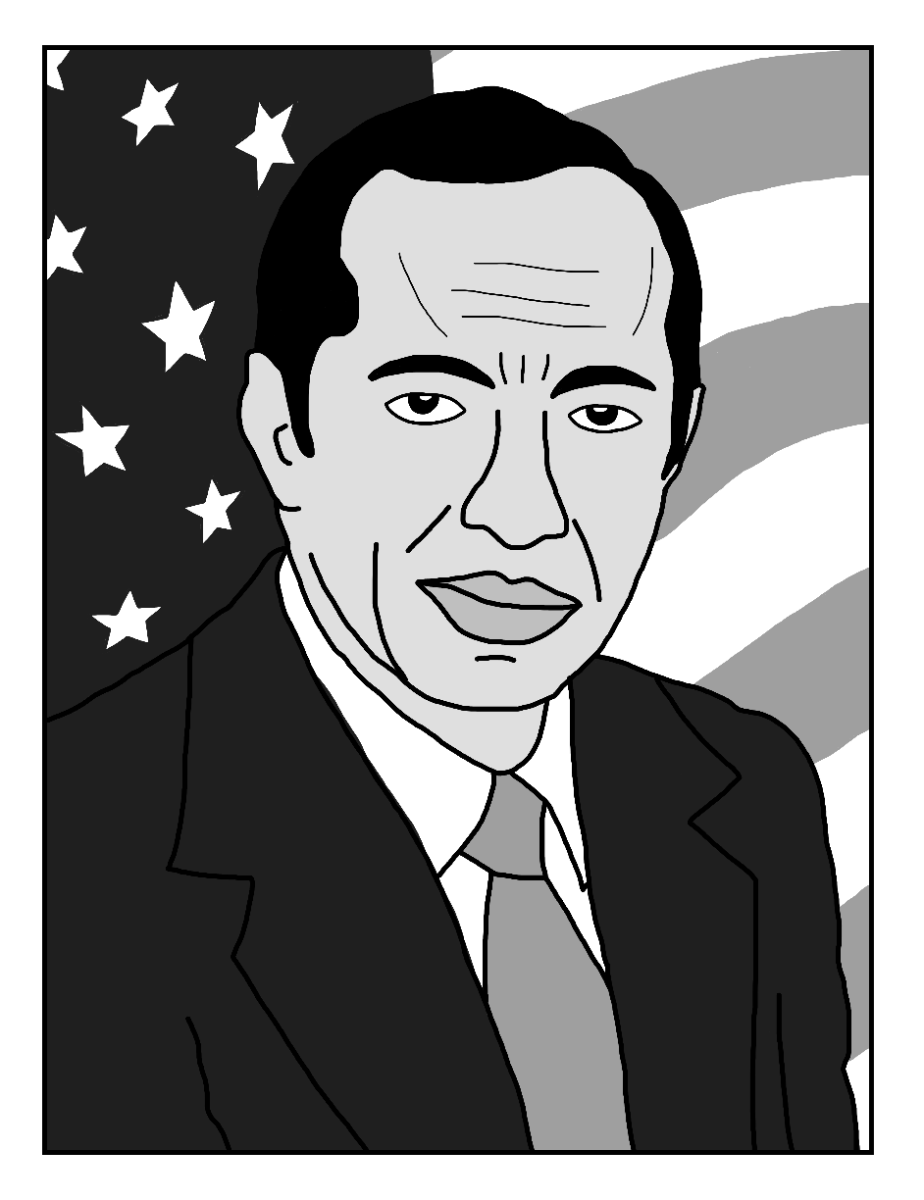In American political culture, national politics tend to receive the most attention, which makes sense — this is what determines policy for our entire nation. For many Americans, state and local politics are simply not as exciting; in many states, one party dominates all the elections, so a specific candidate may not really change the status quo. These two notions — being that federal elections are more exciting than local ones and that in many states, the same political party continuously wins reelection — often lead Americans to be apathetic towards local and state politics. New Yorkers in particular do not show all that much enthusiasm for the elections of our state house, state senate, or even our governors, especially those of the past.
However — at least in this columnist’s opinion — one of our past governors deserves more recognition. Mario Cuomo not only reformed New York and supported its residents during troubling economic times, but was also one of the most heartfelt, caring, and most morally principled governors this state has ever had.
Born during the Great Depression in 1932 in South Jamaica, Queens to poor Italian immigrant parents who ran a grocery store, Mario Matthew Cuomo would later attend St. John’s University Law School on scholarship and graduate at the top of his class. His legal career would eventually give him notoriety, particularly for resolving a number of legal conflicts regarding city planning. These successes led the mayor at the time, John Lindsay, to introduce him to New York’s political landscape by appointing Cuomo to resolve the complaints of middle-class Forest Hills residents against the creation of low-income public housing in the neighborhood.
Before running for the governor’s office, Cuomo was appointed New York Secretary of State in 1974 under then-governor, Hugh Carey. In 1976, he had a failed run for Mayor of New York City, but then successfully ran for Lieutenant Governor under Carey. Finally in 1982, Cuomo successfully campaigned for governor.
Over the course of his 12 years as governor, Cuomo did wonders for New York. Despite being at odds with Republicans in the state legislature over program cuts and tax raises, he balanced the budget while keeping the disadvantaged firmly in mind. Cuomo made investments into rebuilding roads and bridges with the “Rebuild New York” Act, introduced seatbelt laws — making New York the first state to do so — and created a new ethics code for state employees and officials. He also introduced new environmental protection and energy conservation goals, created family support initiatives, oversaw the passing of initiatives that lowered prescription drug prices, and provided healthcare for pregnant women. Furthermore, he developed education strategies for low-income children under the “Decade of the Child” initiative.
Knowing his impactful political achievements, it is remarkable that these aren’t what he is most well known for. Cuomo is more famous for his wisdom and firm moral values, which could be seen on full display during the 1984 DNC, where he gave the keynote address; many consider this speech as one of the best in American history. Despite a seemingly prosperous economy, Cuomo made sure to keep in mind that cuts to welfare — common features of Reagan’s staunch fiscal conservatism at the time — were hurting lower class Americans who desperately needed assistance. In that political climate, it was a very bold stance to take, yet it was one he took without shame. To Cuomo, a government — especially one as affluent as the American government — shouldn’t simply take care of the strong and hope the weak could keep up; to him, government should be a paternalistic power used to bring about social change. Towards the end of the speech, Cuomo expounded on what the American people should be and what kind of society they should seek to create, firmly proclaiming that “We believe in encouraging the talented, but we believe that while survival of the fittest may be a good working description of the process of evolution, a government of humans should elevate itself to a higher order.” To this writer, there is something so inspiring about hearing those words from a politician. It is beyond admirable to go beyond tribalism and the notion that might makes right and embrace the belief that humans deserve to live in a world in which the weak are seen as more than a burden. Furthermore, to know that the people who we entrust to govern hold (or at the very least once held) such an ideal to their hearts gives this columnist hope for the future.
In our contemporary age, we often associate religious politics with a reactionary and at times deeply bigoted social conservatism. Yet Cuomo is a reminder that that isn’t inevitable. Although he firmly believed in the separation of church and state, he was a man of God, a man who believed that all should live in dignity. He once called the church his “spiritual home” and noted how “My heart is there, and my hope,” and that faithful heart and hope were what inspired him to fight for the have-nots. Cuomo was a man who both had faith in God and faith in human beings even when others didn’t; he was a staunch opponent of the death penalty despite the high crime rates at the time, a position that actually cost him his fourth term as governor. It is very compelling to consider that Cuomo harbored ideas that, in a way, were ahead of his time, yet were derived from traditional morals.
Mario Cuomo was by no means perfect. During his administration, he constructed additional prisons and many resented that he raised state income taxes. But despite the inevitable disagreements some may have with his policies, one thing remains abundantly true: Cuomo was a man who was deeply true to his principles, and he was never afraid to show it. In a landscape often marred by the influence of money, moral bankruptcy, and cynicism, such genuine moral fortitude is rare to find in modern American politics. Mario Cuomo serves as a vital reminder of how meaningful a morally principled politician can be.





















